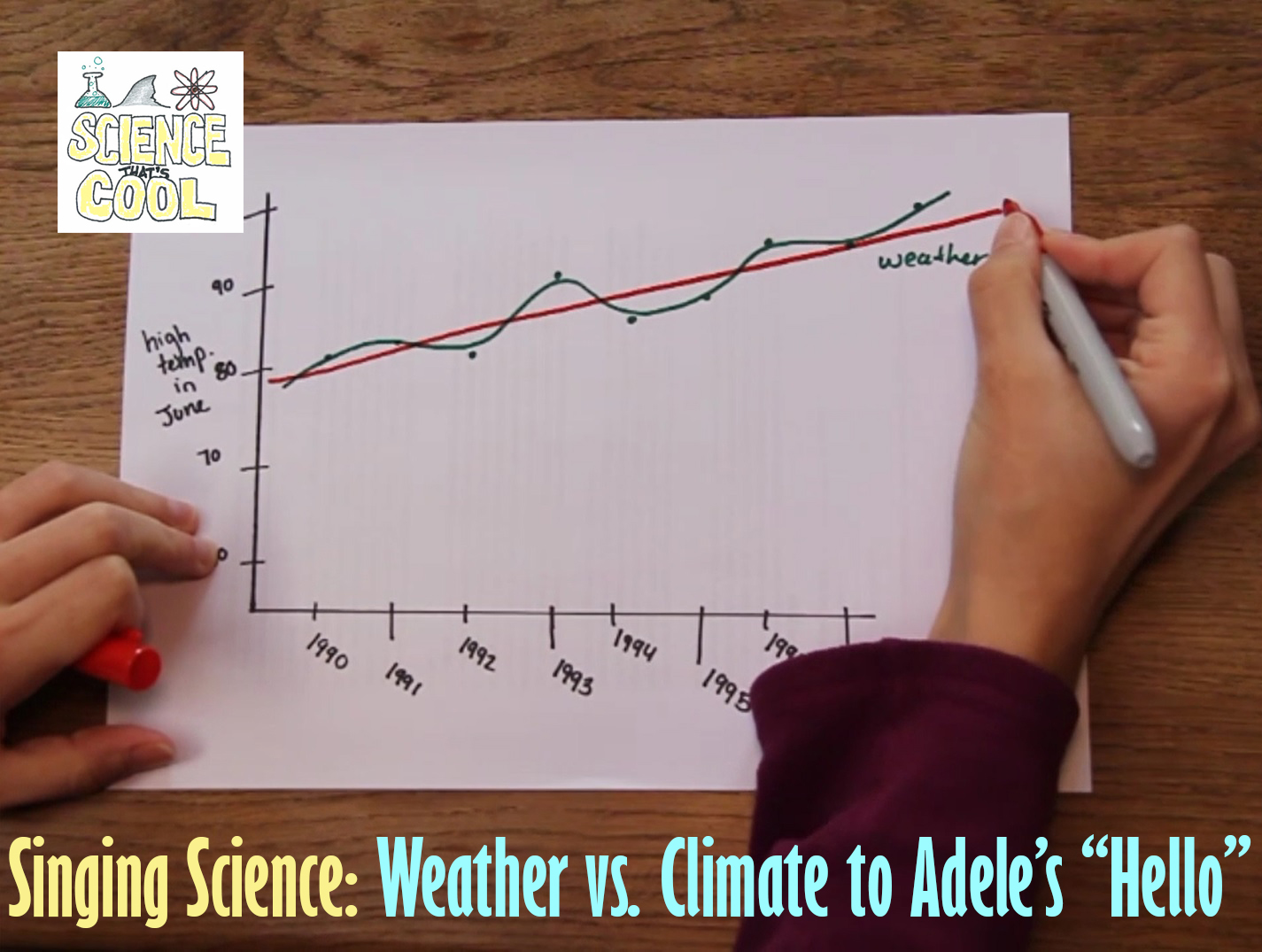Many aspects of science-ing are not explicitly taught, and scientists become accustomed to mastering the deep end. While this tactic can make you stronger, there are situations where the deep end is a vulnerable place where nasty critters are very happy to take advantage.
One such area? How to handle being contacted by “producers.” In my experience, for every 1 exceptional producer you speak with, you will be contacted by at least 4 scammers. Scam producers will particularly target naïve early-career scientists, just like white sharks and seal pups. In light of this week, I’ve put together a guide to aid YOY scientists rising in the ranks of popularity and make the deep end a little safer. Here are 13 ways to spot scam shark documentary producers, with a few 🚩🚩:
- Not a professional email address (exception gmail). If they’re emailing you from their AOL, chances are they aren’t legit.
- “I’m a SHARK WEEK producer.” They expect you to stop everything and start salivating at the mere mention of SHARK WEEK! But it’s nonsense. There are a handful of people who are actual “Shark Week” producers, and they are famous – you will know if they email you. Everyone else is a producer for a separate production company that is interested in selling – or pitching – to Shark Week. This isn’t a great way to start a conversation or build confidence…
- “There is little doubt that…” correlation/causation error. This is an attempt to gaslight you into their non-scientific pitch. Run.
- “As you know…” complete and utter nonsense. This is an attempt to gaslight you into their non-scientific pitch. Run.
- “Dear Dr. Surname,” when you do not have a doctorate.

- “I’ve seen your work with sharks…” What sharks? All sharks? I am much more likely to email someone back if they mention my behaviour research or white shark population assessments, than if they just say – “Hey you worked with some sharks once…” They are essentially admitting that their research started and ended with Instagram profiles.
- 🚩 They won’t provide a working title, names of the other scientists in the show, etc. Run away. Run very far away. High probability that they have absolutely no idea what they want to do but are attracted to the massive production budgets of Shark Week. These guys are most likely to poach ideas from you and disappear – especially YOY scientists! Don’t offer your own ideas until you have seen a draft, talked on Skype, know who else will be in the show (speak with them, too), and know more about the below…
- Won’t allow you view or edit the pitch. See above.
- “I’ve seen your interview/feature on…” something that you don’t appear on. I guess blonde shark researchers are all the same…

- Clearly copy/pasted. If the email format suddenly changes after saying your name, you can rest assured that it is a spam producer emailing anyone they can find. Most likely a case of #7. Avoid.
- 🚩 Signature doesn’t include a website or any information to their actual production company. Usually once you figure out what production company they do work for, and see the shows they have produced, you will realize why they don’t mention it when talking to a scientist.
- 🚩 Doesn’t readily volunteer other shows they have produced. You are making a partnership with someone, so they have the burden of proving that they are capable of making good scientific shows. They should be forthright – and even brag – about exceptional shows they have produced. If they say they don’t have any previous titles or this is their first time producing – be very careful.
- They’re asking for your input on a topic that is not at all relevant to your expertise. See #7 and #9.
Great producers have seen your work, are contacting you because you expertise is relevant to the topic they are interested in, are more than willing to provide you examples of their previous work, and are interested in your brains, not bod. They are out there, but beware the deep end.
